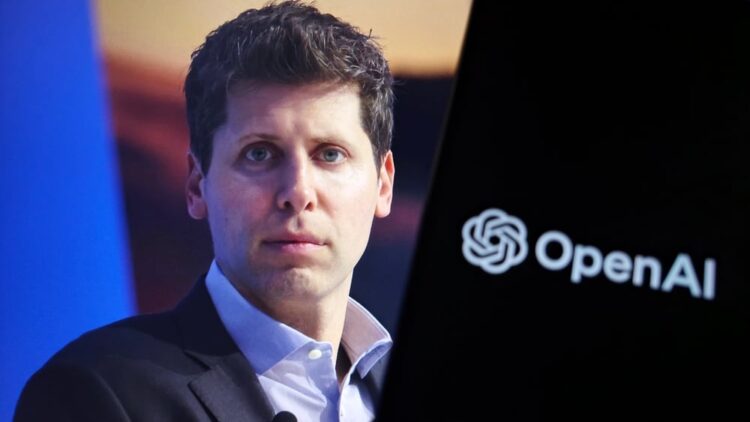OpenAI, the $500 billion-valued firm behind ChatGPT and the Sora AI video creation software, is planning to enter the generative AI music house.
That’s in keeping with a report at The Info, which says the corporate is engaged on a software that may create music from textual content or audio prompts.
That might carry OpenAI into an more and more crowded area of AI music technology platforms, which embrace Suno and Udio – infamous throughout the music trade for having been sued by the document majors for alleged widespread copyright infringement in coaching its AI – in addition to different gamers like ElevenLabs, Boomy and Beatoven.
Sources advised The Info that OpenAI’s software might be used so as to add a soundtrack to a video, or add instrumental accompaniment to a vocal monitor. It’s unclear if OpenAI plans to launch a software that may create an entire tune from scratch with only a textual content immediate, just like Suno and Udio.
OpenAI has been working with college students on the prestigious Juilliard Faculty of music, with the scholars annotating music scores to create coaching knowledge, The Info reported.
It’s unknown when the software might be launched, or whether or not it will likely be a standalone product or built-in into ChatGPT or Sora.
It’s additionally unclear how ChatGPT is gathering the music knowledge wanted to coach an AI mannequin. Since ChatGPT’s launch two years in the past – which triggered the AI race underway at the moment – OpenAI has been sued by quite a few rightsholders, together with the New York Occasions and the Authors Guild, for allegedly utilizing copyrighted works with out permission.
It was additionally sued by German assortment and licensing group GEMA, which alleged that ChatGPT reproduces copyrighted lyrics with out fee or permission.
On the similar time, the corporate has signed some licensing offers with rightsholders, together with one with inventory photograph firm Shutterstock, which incorporates Shutterstock’s audio library.
This isn’t OpenAI’s first foray into AI music. In 2020, when the startup was nonetheless a not-for-profit, it launched Jukebox, a “neural internet that generates music, together with rudimentary singing, as uncooked audio in quite a lot of genres and artist types.” The software has been discontinued.
Regardless of its probably pricey authorized issues, OpenAI was valued at $500 billion earlier this month following a secondary share sale. That makes it the world’s most precious startup, overtaking Elon Musk’s SpaceX.
OpenAI’s entry into music technology comes at a time when the music ecosystem is already being inundated with AI-generated materials. Deezer, one of many few streaming providers to launch knowledge about AI on its platform, stated in September that 28% of the tracks uploaded to the platform have been totally AI-generated. As just lately as April, that quantity was 18%.
Some “AI artists” – fictional musical personas whose songs are created by AI instruments – have racked up tens of millions of performs on Spotify, elevating issues about AI songs taking an more and more giant share of the streaming royalty pie.Music Enterprise Worldwide




